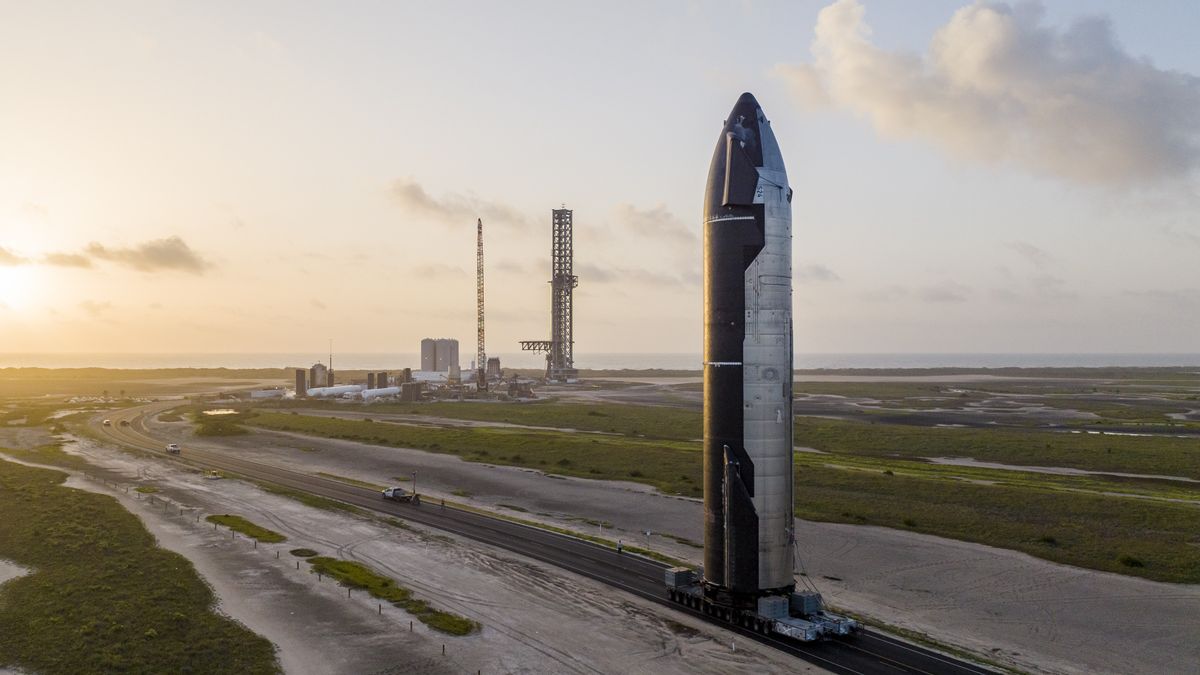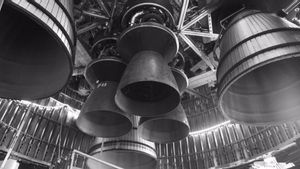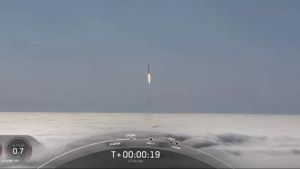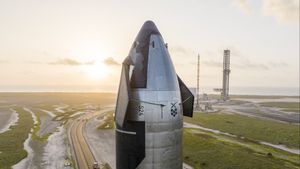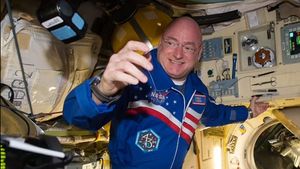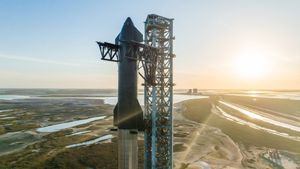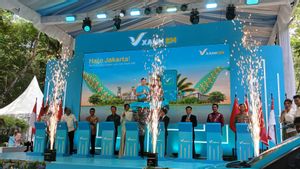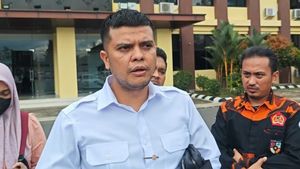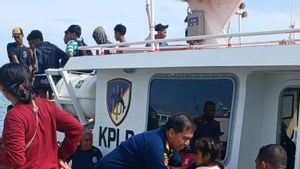JAKARTA – SpaceX, which plans to use its Starship booster rocket for its maiden flight into orbit, is "probably" returning to its launch in Texas next week, despite experiencing an explosion in testing on Monday, July 11.
"Minor damage, but booster will be moved back to the high bay for inspection, back to launch site probably next week," SpaceX CEO Elon Musk told Reuters in an email.
The Booster, the towering first half of SpaceX's next-generation Starship rocket system, was undergoing pre-launch tests last Monday when parts of its engine caught fire, sending shockwaves miles across the launch facility in South Texas.
SpaceX has successfully launched early prototypes of the top of the Starship about 6 miles (9.66 km) above the ground several times in the past but never has the company launched a fully stacked, nearly 400-foot (121.92 m)-high rocket system into the orbit, this task is much more challenging.
SpaceX had also targeted the end of this summer for its first orbital flight, aiming to reach a long-delayed milestone in rocket development, but last Monday's explosion put that deadline into question.
The Federal Aviation Administration, which oversees the rocket's launch and re-entry safety, said it was in "close contact" with SpaceX after the explosion, but would not open a formal investigation because the incident occurred during a test run.
VOIR éGALEMENT:
Musk, SpaceX's founder and chief engineer, previously said the space company would push rocket boosters back into its hangars for a closer inspection of its 33 rocket engines, called Raptors.
Musk tweeted on Wednesday, July 13, that the Starship orbital test could fly "as soon as next month" if testing goes well.
Starship is at the heart of Musk's goal of transporting people and cargo to the moon and Mars. The rocket was selected by NASA last year to send the first crew of astronauts to the lunar surface since the US Apollo program.
SpaceX has developed Starship at their facility in Boca Chica, Texas, and plans in the future to launch rockets from the company's operational launch pad in Cape Canaveral, Florida.
The English, Chinese, Japanese, Arabic, and French versions are automatically generated by the AI. So there may still be inaccuracies in translating, please always see Indonesian as our main language. (system supported by DigitalSiber.id)
